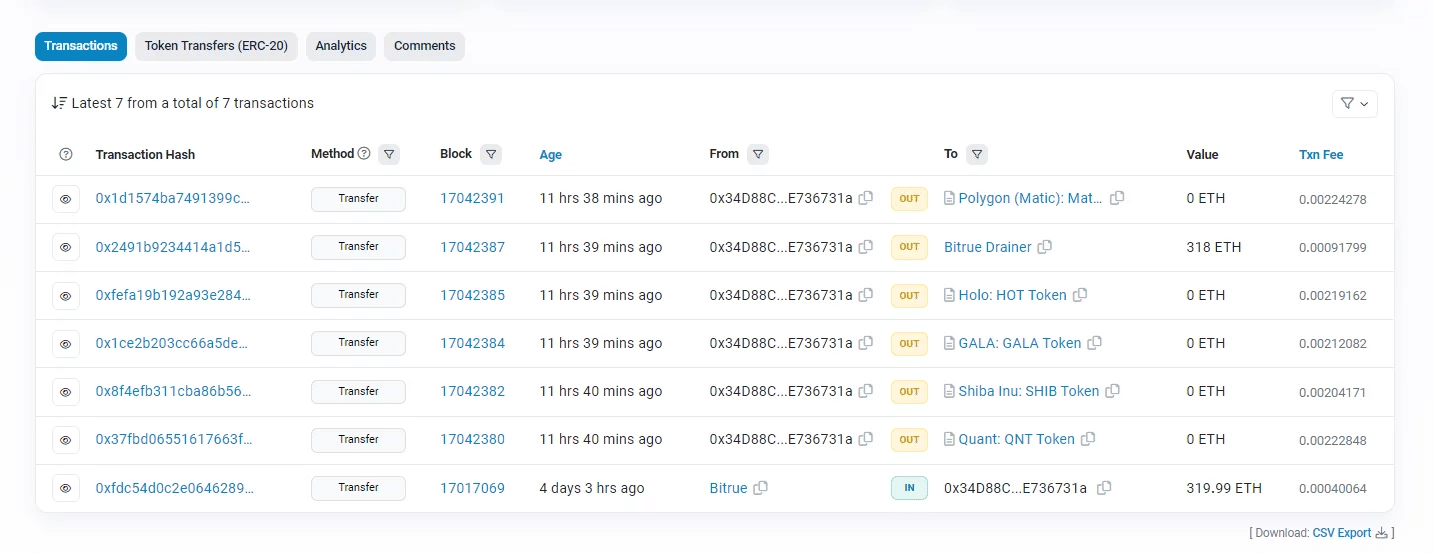Bitrue, one of the most popular cryptocurrency exchanges in Asia, recently suffered a major hack. According to a statement from the platform, one of its hot wallets was compromised, but the problem was reportedly quickly resolved and the exchange’s other wallets are said to be safe.
Bitrue suffers a major hack
Asian cryptocurrency exchange Bitrue, popular with some XRP token traders, announced that one of its hot wallets had been compromised.
1/4: We have identified a brief exploit in one of our hot wallets on 07:18 (UTC), 14 April 2023. We were able to address this matter quickly and prevented the further exploitation of funds. We take this matter seriously and are currently investigating the situation. pic.twitter.com/QioPHSB2DM
– Bitrue (@BitrueOfficial) April 14, 2023
According to the release, the problem “was quickly resolved” and possible further damage was avoided. This is the latest communication from Bitrue on the matter, which suggests that the investigation into the origin of the flaw is ongoing.
According to Bitrue, the affected hot wallet only hosts 5% of the exchange’s total funds, and its other wallets are safe. In addition, all users who may have been affected by the event will be fully refunded, the exchange said.
Withdrawals from Bitrue have been temporarily halted, however, and should be back in operation on April 18. Note however that the platform, which claims to have “reacted quickly”, became aware of the hack no less than 4 days after the first actions of the hacker, as evidenced by the transaction history of the latter according to data from Etherscan:

Etherscan transaction history of the hacker’s wallet
A reaction time that will not have escaped the Twitter community, some users have not lacked sarcasm in their responses to the statement of the exchange in trouble.
At the time of writing, the hacker’s wallet still holds $21.9 million in Ether (ETH), Shiba Inu (SHIB) and Holo Token (HOT). The hacker had time to sell off 173,000 QNT tokens as a result of his action, causing the token’s price to depreciate in the process.
This is the second hack for Bitrue, with one of its hot wallets already having been compromised in 2019. However, centralized exchanges are nowadays rather abandoned by hackers, who often tend to prefer to turn to decentralized tools often presenting more flaws and hosting large amounts of cash, as is the case for bridges for example.
